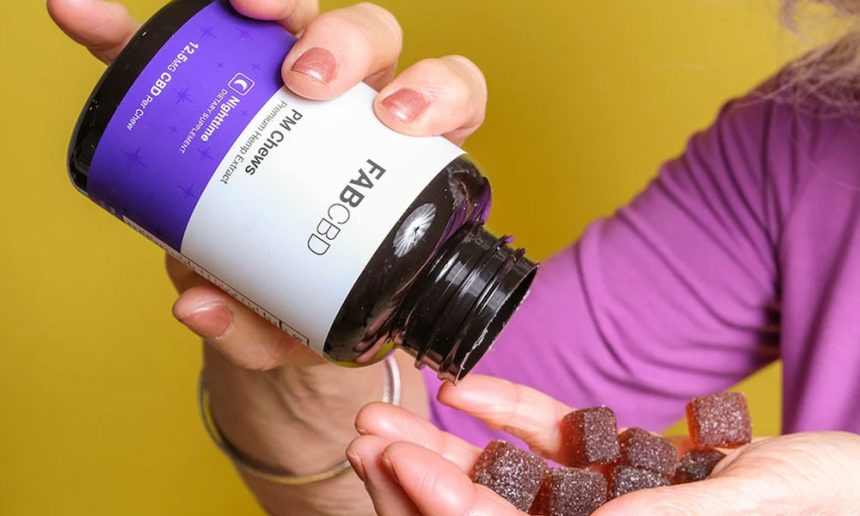Despite its widespread usage and popularity, getting accurate information on the use of CBD or cannabidiol can be confusing. Many people still doubt the health benefits associated with CBD products and their application.
Recently, CBD products can be found everywhere: Now beauty and cosmetology companies are spiking their products with CBD, Spars now gives CBD facials, and Coffee shop also sells CBD lattes to their customers. This article will provide information on CBD health benefits based on modern scientific research and findings.
What Is CBD?
CBD, often known as cannabidiol, is one of the several chemicals present in cannabis plants. CBD, unlike THC ((tetrahydrocannabinol), marijuana’s psychoactive component, does not cause a high or impair cognitive functioning.
Marijuana and Hemp are two distinct cannabis plants. Two of the compounds present in these kinds of plants are THC (tetrahydrocannabinol) and CBD (cannabidiol). Marijuana has a higher THC concentration and a lower CBD concentration. At the same time, Hemp has higher CBD and lower THC levels. In contrast to THC, CBD does not cause a “high” when taken. Herein lies the crucial divide.
Although Research into CBD is not advanced, there is early scientific evidence of the health benefits associated with CBD, such as anxiety, reducing pain, seizures, inflammation, depression, and more.
Health Benefits of CBD
Based on Scientific research and findings, here are some of the CBD health benefits:
- Pain relief: CBD relieves chronic pain by reducing inflammatory signals and increasing endocannabinoid tone. Multiple studies have demonstrated that CBD effectively reduces pain caused by neuropathic disorders, arthritis, cancer, and fibromyalgia.
- Treatment of epileptic seizures: CBD has shown promise in treating epileptic seizures by altering the activity of several ion channels and neurotransmitters. CBD has shown promise in treating Lennox-Gastaut syndrome and Dravet syndrome, two extremely rare yet severe types of epilepsy.
- Neurodegenerative diseases: CBD may have neuroprotective effects due to its interactions with the endocannabinoid system and other brain signaling systems. CBD may help with illnesses including multiple sclerosis (MS) and epilepsy by lowering inflammation and preserving the brain from harm, according to some research.
- Anxiety and depression: CBD works by activating the serotonin 5-HT1A receptor and raising anandamide levels to alleviate anxiety and depression. CBD has been proven in research to aid with social anxiety disorder, generalized anxiety disorder, post-traumatic stress disorder, panic disorder, and obsessive-compulsive disorder.
- Cancer: CBD can limit cancer cell growth and spread by causing apoptosis (cell death), autophagy (cell recycling), and angiogenesis (blood vessel creation). Several studies have demonstrated that CBD can aid in treating several cancers, including glioma, lung, breast, and colon cancer.
- Treatment for Substance Abuse: CBD may help people quit smoking or manage substance abuse by lowering withdrawal symptoms and cravings, according to preliminary research.
- Skin Disorder: Because of its possible anti-inflammatory and relaxing effects, certain topical CBD products are used to treat skin conditions such as psoriasis, eczema, and acne.
Is CBD Safe?
It is important to know that CBD has side effects such as:
- Changes in appetite or weight
- Dry mouth
- Fatigue
- Drowsiness
- Diarrhea
- Interactions with other medications
- Increase the level of blood thinning.
In as much as cbd health benefits are overwhelming, CBD overdose can cause abnormalities in liver-related blood tests. It is always advisable to consult a health professional before taking CBD or any drug. The dosage of CBD varies from person to person, so it is recommendable to start from a low to a higher dose.
When choosing a CBD product, buying from a reputable manufacturer is prudent since CBD is marketed as a supplement but not a medication. As a result, it is not regulated by the FDA. So, product review and research are essential when buying CBD products.
Conclusion
Initial research and evidence show that CBD helps treat and manage Pain relief, Anxiety and depression, Treatment of epileptic seizures, Skin conditions and more. Research and studies are being done to uncover CBD’s required dosage and short and long-term side effects.
Unfortunately, CBD is available on the market as an unregulated supplement; always be careful of the manufacturer of your buying form. Always seek your doctor’s advice before using CBD and make sure your intake will not have any drug or medicine you are taking.












